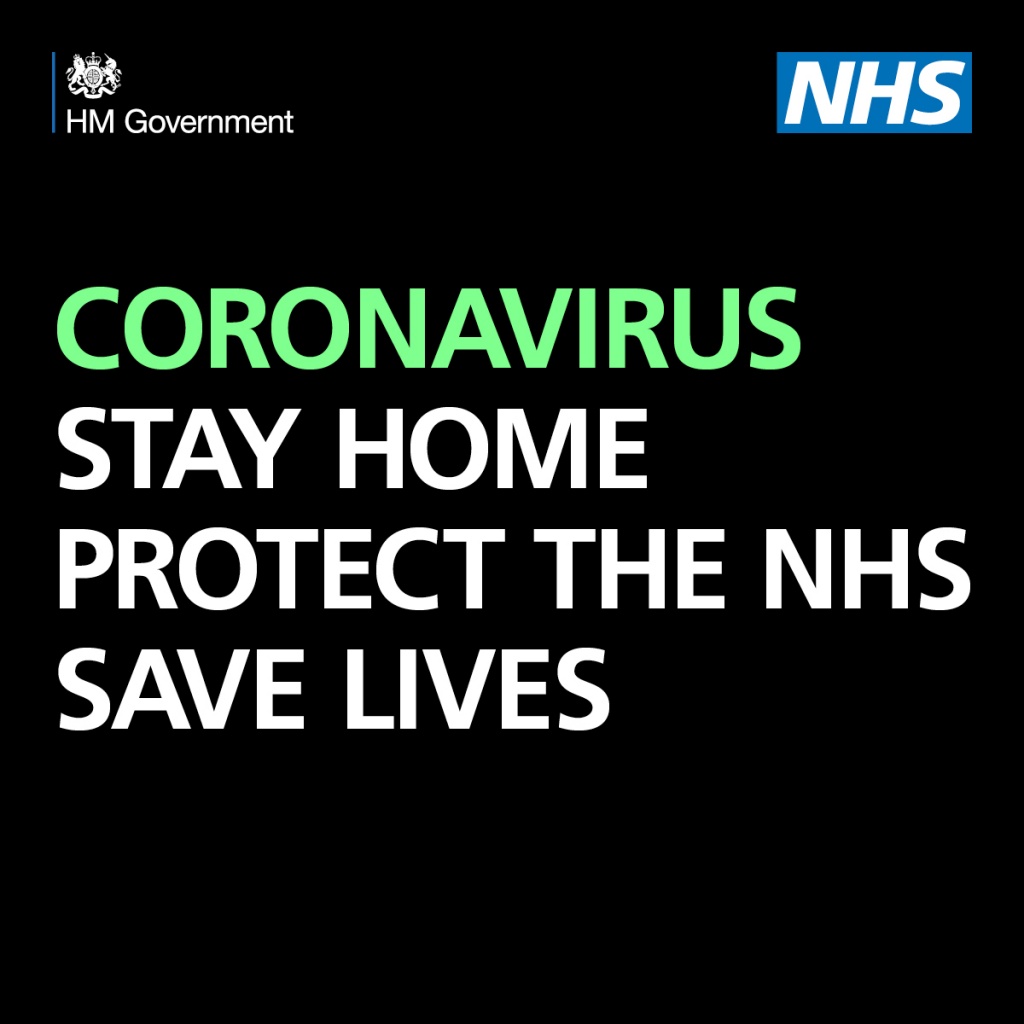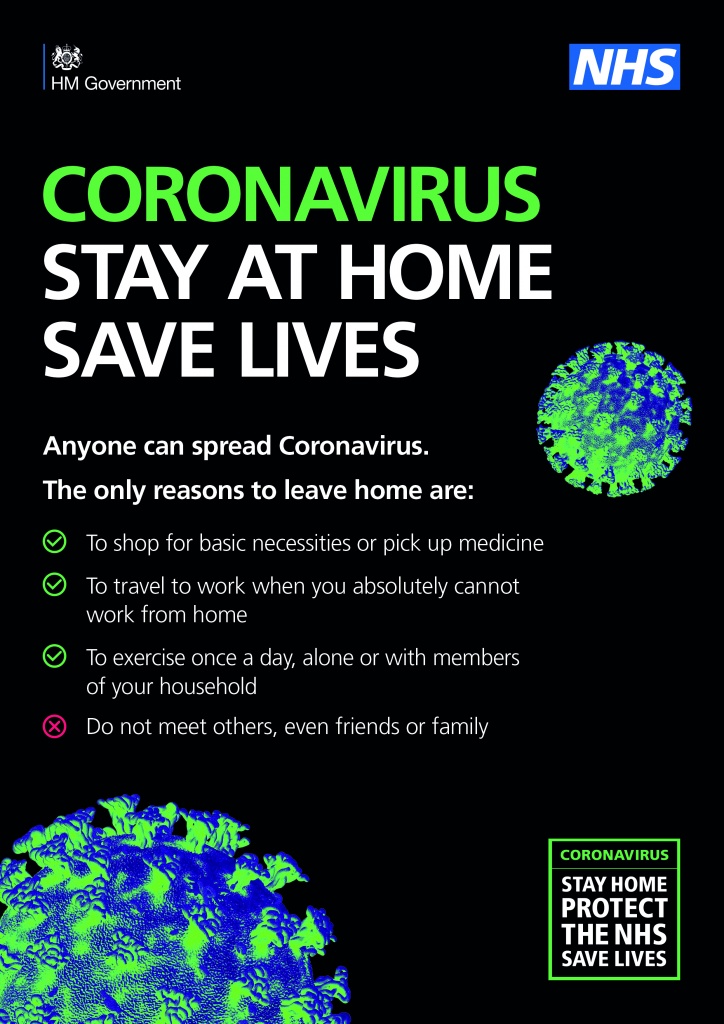
The UK government is rolling out a broad range of testing methods to increase accessibility, including home testing kits, mobile testing sites and satellite testing kits.
Essential workers with coronavirus symptoms can get tested, helping them return to work if test is negative. The new campaign will provide clear information for essential workers on how to get a test.
The government has announced thatall essential workers in England, and members of their households who are showing symptoms of coronavirus will now be able to get tested.
This will mean individuals and people they live with will have the reassurance of knowing whether their symptoms are caused by coronavirus and can decide whether they are well enough to return to work.
A new campaign will help essential workers in England, including NHS and care staff, teachers, hospital cleaners, public servants, the emergency services, supermarket staff, delivery drivers, and other critical infrastructure staff to access testing.
Booking the test has been made simpler via a new online system. From today, employers can register and refer self-isolating staff, and from tomorrow employees will be able to book a test directly for themselves or members of their household who are experiencing symptoms, a high temperature or new continuous cough.
This will speed up the process of getting an appointment and take the burden off employers, helping reach everyone who has symptoms at the earliest opportunity.
Secretary of State for Health and Social Care Matt Hancock said: “We have already prioritised testing for patients and health and social care workers and other key workers today I can go further.
“We are making it easier, faster and simpler for any essential worker in England who needs a test to get a test. From today, employers of essential workers will be able to go on GOV.UK to get a test for any of their staff who need a test. And from tomorrow, any essential workers who need a test will be able to book an appointment on GOV.UK themselves directly.
“This all applies for people in essential workers’ households who need a test too. It’s all part of getting Britain back on her feet.”
Essential workers using the new portal can enter their details and will then receive a text or email the same day inviting them to either book an appointment at one of more than 30 drive-through testing sites across the country, or receive a home testing kit.
Test results from the drive-through sites will be sent out by text within 48 hours, and within 72 hours of collection of the home delivery tests.

The aim is that most people should not have to drive for more than 45 minutes to get to a regional testing site. However, additional testing methods are being rolled-out to support testing accessibility:
- A network of new mobile testing units is being rapidly established. These will travel the country to reach care homes, police stations, prisons and other sites where there is demand for testing. The units have been designed to clinical requirements by army engineers and can be easily set up in under 20 minutes.
- The new mobile units will work alongside the drive-through test sites, together sending thousands of patient samples to the network of Lighthouse Labs, to rapidly increase the number of tests completed each day.
- A delivery service for home testing kits has been designed with key industry partners, including Royal Mail and Amazon. The home delivery service will come on line from tomorrow. The availability of home testing kits will initially be limited, but more will become available soon. This will ensure those not able to travel to a test centre can still take the test, find out their results and return to work if possible.
- Working with Public Health England, the Care Quality Commission and the Association of Directors of Adult Social Services, the government is sending packages of ‘satellite’ test kits directly to care homes across England, to enable testing of symptomatic residents.
Since the beginning of April, the government has significantly increased the UK’s coronavirus testing capacity and is on track to provide 100,000 tests a day by the end of the month.
The 3 new Lighthouse Labs in Milton Keynes, Glasgow and Alderley Park in Cheshire are increasing the country’s capacity to test for coronavirus, with each site scaling up to test tens of thousands of patient samples each day. Each individual site took just 3 weeks to complete and begin testing, staffed by an army of highly qualified staff and volunteers from industry and academia across the country.
Under the government’s five-pillar strategy, swab testing has been offered to different groups in a phased approach, prioritising NHS workers, but the ultimate aim is that anyone who needs a test will be able to have one.
Testing helps the government and scientists understand the current spread of the virus and plan how to manage the pandemic moving forwards.
Anyone who thinks they are eligible and has symptoms and would like to be tested should speak to their employer or use the self-referral website to request a test.
The response to coronavirus is a national effort. The government is working collaboratively across the four nations to ensure the take up of testing among essential workers. Each of the devolved administrations will have their own eligibility criteria and testing priorities, however the government is working closely to align approaches.

Kindly follow us on twitter:@AfricanVoice2










